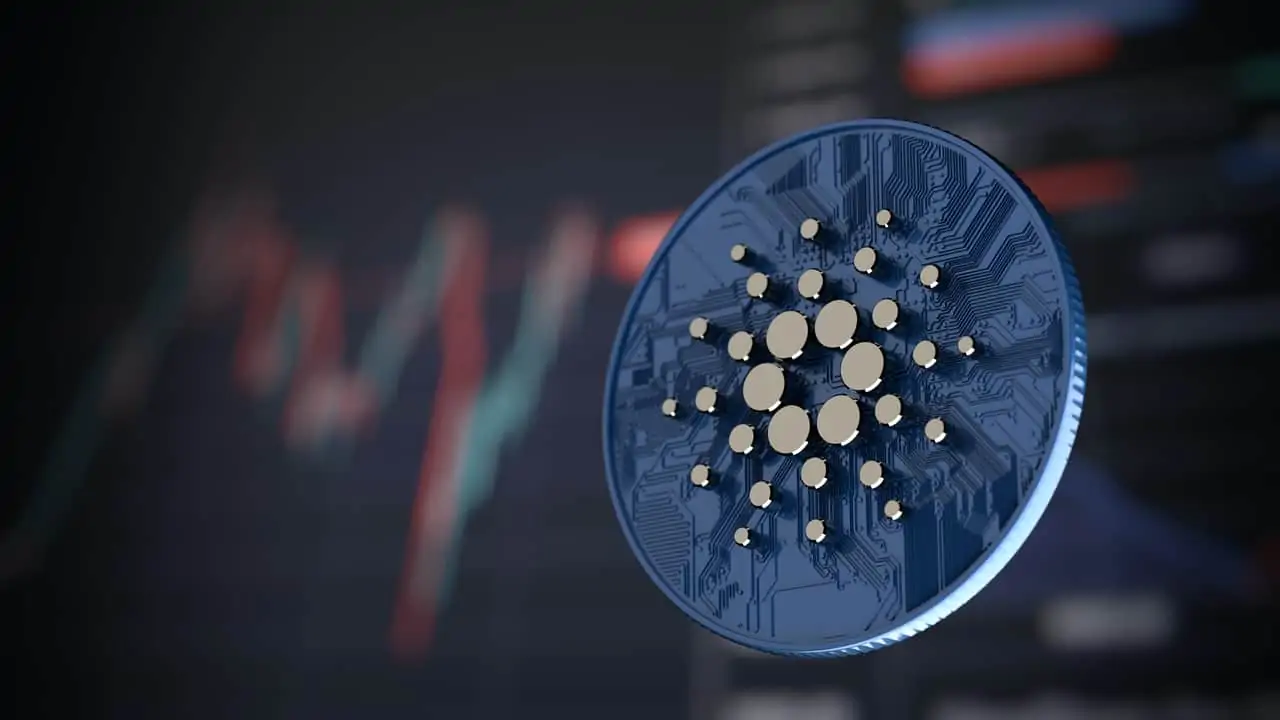Now that Cardano has integrated smart contracts, the network is preparing to launch between 20 and 30 new decentralized projects in the coming months.
Charles Hoskinson, former Ethereum developer and Cardano leader, informed the community about the network's growth and development plans blockchain for next year. During a YouTube stream, Hoskinson explained several of the developers' main goals, to further expand the use and adoption of Cardano globally. Currently, this blockchain and cryptocurrency It ranks as the sixth largest in the industry, with a market capitalization of more than 42.600 million.
During the stream, Hoskinson spoke about the importance of ensuring Cardano's technological development, revealing that one of the main goals for the network in 2022 will be the decentralization. The Cardano leader noted that this year, hacks to the crypto industry in DeFi caused losses of more than 10.000 billion dollars. Hence the importance of optimizing the decentralization of the network.
Cardano began development in 2015 as the industry's first scientific blockchain. It is a third-generation blockchain designed to cope with the rapid growth and adoption of blockchain technology. Since its inception, Cardano's development has been in the hands of the company IOHK, which transferred part of the governance to the community in April of this year.
It may interest you: Cardano enters the ecosystem of decentralized applications and DeFi
Decentralized and P2P structure in Cardano
In 2022, Cardano developers will introduce several improvements focused on decentralization. First, a formal open-source project structure will be created, which will facilitate the construction and development of new decentralized projects, improving the attractiveness of the blockchain at an institutional level. Cardano will also expand its new peer-to-peer (P2P) test framework with 11 node operators, to simplify communications and improve the utility, efficiency, and decentralization of the chain. Although this test framework was launched earlier this month, it is currently only used by a small group of operators in order to test its capacity and functionalities.
“Automating the peer selection process brings us closer to a fully decentralized network and simplifies the process of running a relay or block production node.”, IOHK reported when announcing the new peer-to-peer test network.
New CIPS in 2022
Hoskinson also discussed the creation of new Cardano Improvement Proposals (CIPS), which will introduce functionalities to the network to increase transaction efficiency, as well as the security of its infrastructure and smart contracts, among others. These proposals include a native wallet for decentralized applications and a protocol that facilitates human-readable information.
Cardano's improvement proposals are governed by the community itself, an important point that helps the chain move more quickly towards full decentralization.
Expansion into African communities
Another goal that Hoskinson revealed in Cardano's roadmap is expansion into African communities. Hoskinson explained that Africa has always been part of Cardano's future development and expansion plans, so in 2022, communities on this continent will be a vital part of the network's development. Cardano will build a financial operating system that facilitates access to decentralized services for the entire African community, providing new opportunities for value and growth. Through this new financial system, Cardano wants to promote balance and equality, empowering all communities equally.
Hoskinson has already done previous work in several communities in Africa, securing agreements in Tanzania and Ethiopia to facilitate access to blockchain products such as decentralized digital identity and DeFi.
Alonzo and smart contracts
Although Cardano’s development has been rather slow for some, in September of this year the network’s developers released the Alonzo upgrade, which introduced smart contract functionality to the blockchain. The arrival of Alonzo marked a major milestone for Cardano, opening its doors to the potential of decentralized finance.
Decentralized projects such as MinswapDEX, SundaeSwap, MLabs10, OptimFi, LiqwidFinance and others are already implemented or built on Cardano. The people behind these protocols and DeFi projects announced the creation of the Cardano DeFi Alliance (CDA), to encourage the development of DeFi on this network.
Basho and Voltaire, the next eras
The age Goguen, where smart contracts would be implemented on Cardano, ended with the successful activation of Alonzo. Now the developers will concentrate their efforts on the next eras of the network: Basho and Voltaire.
En basho, an era of scalability and optimization, Cardano will grow as a highly scalable and interoperable network with other chains. In the era Voltaire, the network will focus on governance, providing tools and functionalities so that network participants can use their participation and voting rights to influence the future development of the blockchain. Upon completion of these networks, Cardano will transform into an optimal space for the deployment of applications with a high transaction volume and into a self-sustaining ecosystem, managed in a decentralized manner and entirely by its community.
Continue reading: Marathon Patent Group Aims to Become the World's Largest Bitcoin Mining Company




